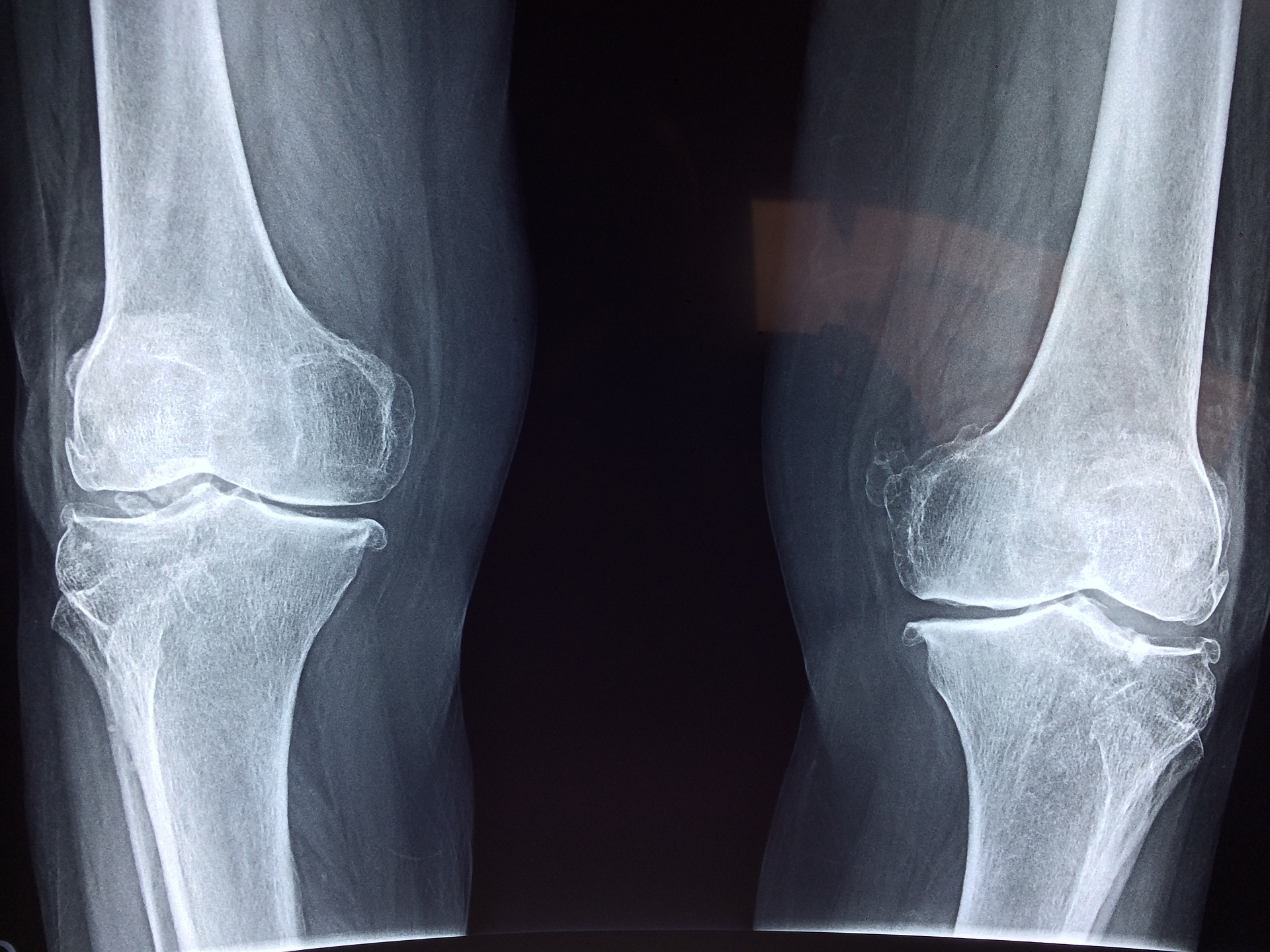 When most people think of conditions that qualify for Social Security Disability insurance, they may not think of arthritis, even though it is the leading cause of disability in the U.S. Arthritis affects over 50 million adults, or one-fifth of the country’s adult population, according to the Centers for Disease Control and Prevention. Almost half of these victims report that arthritis limits the activities they can perform. When an individual’s work is among these limited activities, the individual may qualify for SSD benefits.
When most people think of conditions that qualify for Social Security Disability insurance, they may not think of arthritis, even though it is the leading cause of disability in the U.S. Arthritis affects over 50 million adults, or one-fifth of the country’s adult population, according to the Centers for Disease Control and Prevention. Almost half of these victims report that arthritis limits the activities they can perform. When an individual’s work is among these limited activities, the individual may qualify for SSD benefits.
Limitations victims may face
The two most common forms of arthritis, rheumatoid arthritis and osteoarthritis, can prevent victims from performing job duties or even looking after themselves. Osteoarthritis, which generally affects weight-bearing joints, can make tasks such as standing, walking and lifting difficult. Rheumatoid arthritis, which often initially affects the extremities, may prevent victims from performing even light work that requires fine motor skills.
In addition to preventing victims from performing certain tasks, arthritis may limit the conditions victims can work under. Someone with severe arthritis may need to change position every few hours, which would make sedentary work requiring prolonged sitting difficult. Arthritis may also impede victims in less direct ways. For example, rheumatoid arthritis can cause health problems such as fever and fatigue, which may make it harder for victims to keep up with their job duties.
Evaluating ability to work
Pursuing SSD benefits for arthritis can be difficult because the severity and effects of the condition may differ substantially between individuals. Due to this variability, the Social Security Administration evaluates each applicant’s disability by determining the individual’s residual functional capacity. RFC indicates what kind of work an individual should still be able to perform in spite of his or her disability.
If an applicant’s current job falls outside the scope of his or her RFC, the SSA considers the applicant’s age and employment history. If the applicant has relatively recent experience in a line of work he or she can still perform, the SSA does not consider the individual disabled. Applicants under the age of 50 who lack relevant experience are not considered disabled either, since it is feasible for them to train for new types of work. However, applicants who are over 50 and lack relevant experience can qualify for benefits if retraining is not considered reasonable.
During the application process, it is crucial that people with disabling arthritis provide medical documentation of the condition and the resulting physical limitations. This documentation can significantly affect whether an individual is found fit to work or disabled. Applicants can also benefit from working with a lawyer, who can provide guidance on properly documenting and filing the claim to make a successful outcome more likely.
Arthritis Disability Success Strategies: Discover How To Win Your Case

In this short video, I discuss how you can win a Social Security disability case if you have arthritis. However, before I get to that, let me share some details about the two main types of arthritis that our firm handles: osteoarthritis and rheumatoid arthritis.
Osteoarthritis is typically diagnosed through x-rays, often referred to as wear-and-tear arthritis. In some cases, an MRI may show joint inflammation. Rheumatoid arthritis, on the other hand, is diagnosed using blood tests, usually involving three or four tests. One of the tests is a rheumatoid factor, but it may be negative in some cases, known as seronegative rheumatoid arthritis. Other tests used are ESR, CERP, and anti-CCP. These are the primary blood tests associated with rheumatoid arthritis.
If you have either of the two and are looking to increase your chances of winning a disability case, I recommend the following strategies:
- Visit your doctor regularly. Get your check-ups every month and document your pain in a way that supports your disability case.
- Provide work function limitations to your doctor. Do this instead of relying solely on the pain scale. For example, explain that you can only sit for 10 minutes due to severe arthritis in your back or that you can only stand for five minutes before needing to sit down because of hip or knee arthritis. If you have arthritis in your hands, mention the difficulty you face in typing, using a cell phone, or holding objects for extended periods.
- Repeatedly document your limitations. This will show consistency and establish functional limitations rather than occasional pain spikes. Consistency in your medical records will strengthen your case. Consider this example: If two individuals have rheumatoid arthritis, but one visits the doctor every six months while the other goes monthly, the person with more frequent visits will have their pain and limitations documented 24 times a year, compared to just four times for the other individual. This consistency in medical records demonstrates the severity and impact of the condition, making it more compelling to the judge.
If you need assistance with your Social Security disability case, please call or email us. We’re happy to help.









